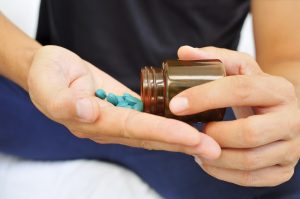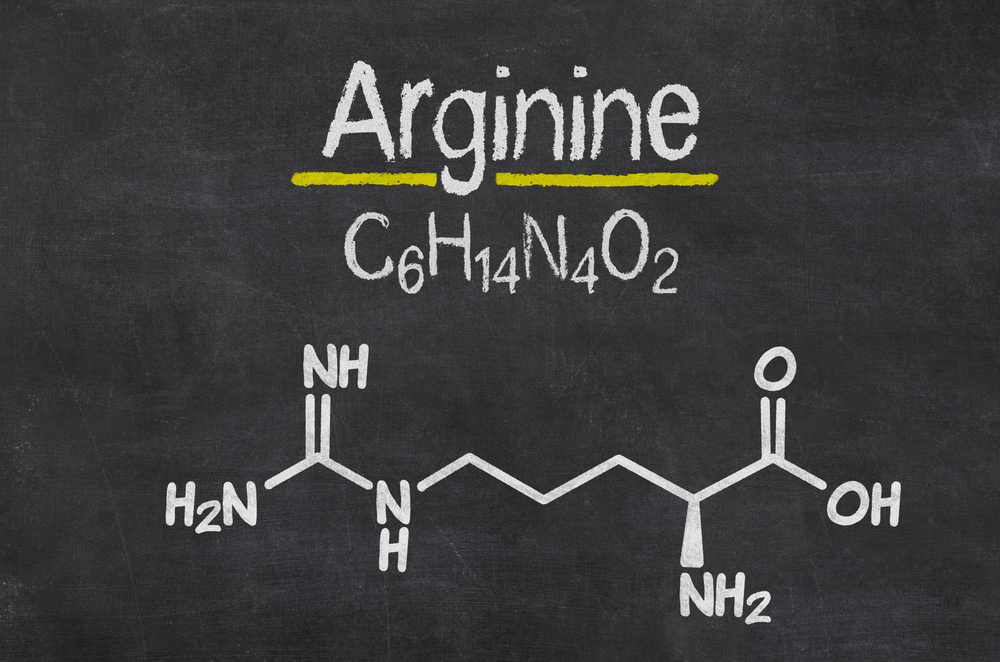Arginine is not an arterial cleaner per se, but it has been proved that once it’s processed, helps the vascular system to have better blood flow.
Our bodies need nutrients to have a proper development and work accordingly, and one of the most important is the L-Arginine or arginine. This amino acid is part of some other 20 that form proteins that feed the cells. When arginine interacts with other chemicals, it becomes nitric oxide, a powerful neurotransmitter that helps blood vessels with relaxation, hence it makes your body to have better blood circulation.
There’s scientific evidence that proves that the use of this amino acid helps to heal the symptoms of clogged arteries, coronary disease, and heart-related issues. Besides the L-Arginine helping in the maintenance of the arteries, it has also been proved that it improves in the treatment of erectile dysfunction.
Where is arginine produced?
Although this alpha amino acid can be found in different fitness supplements or medications, our bodies produce most of its arginine in a process called the intestinal-renal axis, and it all happens when another non-protein amino acid called “citrulline” (produced in the small intestine) is used by the kidneys to synthesize it and produce the L-Arginine.
Citrulline is also known to help boost your blood vessels and have the same effects as arginine because it turns into nitric oxide too.
Why is arginine important?
Arginine is important because it helps in the formation of proteins, which feeds the cells, meaning that it has different functions in the body.
It will boost your wound healing, help you with the immune system and hormonal functions. In the kidneys, it will play its part in the removal of waste products, and like we previously said, arginine will dilate and relax your arteries.
Where can I find it in nature?
Our bodies are able to produce the arginine it needs to complete its functions, but it can be found in protein-rich foods.

- Fish
- Red meat
- Soy
- Whole grains
- Dairy products
- Poultry
- Beans
- Seeds
- Watermelon
- Nuts
There are also processed arginine supplements that can be used orally or topically, but if you want to use any of them, it’s highly recommended that you reach out to your doctor and ask about how safe could it be for you to take arginine.
What is arginine good for?
Besides improving your cardiac system, it is also used to ease the pain in the legs due to blocked arteries, ameliorate mental health in elders (senile dementia), kidney disease, cancer, obesity, polycystic ovaries, ulcers, anemia, stress, infertility, and respiratory infections.
Sometimes it’s also used to control preeclampsia, a condition where women suffer from high blood pressure during pregnancy. Other use it to prevent cold, improve kidney functioning after a transplant, prevent inflammation and prevent the baby to stop growing inside the uterus.
Arginine has been found to stimulate the release of growth hormone (GH) insulin and other substances in our bodies.
When shouldn’t I take arginine?
As good as arginine seems for our bodies, it can be dangerous for patients who are under treatment for certain diseases or that have suffered certain conditions, but it’s not just the ARG per se. It can be lethal in combination with certain drugs.
DON’T TAKE ARGININE if you had a heart attack because the risks of death can increase. Don’t consume it if you suffer from allergies or asthma as it can worsen those conditions, or if you have had herpes, as it can trigger the virus again.
NEVER mix arginine supplements with blood pressure drugs, diabetes drugs, diuretics, heart medications and even sildenafil (the sexual enhancement drug) because your blood pressure may become too low, having risks of shock and death, in the worst case.
Remember to talk to your doctor first in case you’re interested in taking any dosage of arginine or any other supplement because it may affect your metabolism and can interact with drugs and it may make you experience secondary effects.
Arginine and testosterone

A lot of fitness supplements indicates that the ARG helps with the production of testosterone. Since this amino acid improves the nitric oxide production, it helps with the blood flow which is important to have an important interaction with the Leydig cells located in the testes, and if those cells are working well, your body will produce a nice amount of testosterone. That’s why famous supplements on the market such as Male Ultracore contains L-Arginine.
There is no evidence that shows that this amino acid lowers your testosterone levels.
L-ARG and Human Growth Hormone
Many products sold on the internet and different stores around the world have these ingredients in the labels and are basically a cocktail for body-builders because they, in combination with others -and sometimes one hormone/product alone, will create a chain reaction that will boost their muscle growth.
Arginine interacts with the pituitary gland, which controls most of the hormones produced in the body, and what it does with regards to the Human Growth Hormone (HGH) is that it blocks somatostatin.
Somatostatin is mainly produced in the pancreas, but there are other organs that secrete it, like the hypothalamus and other nervous system ones.
Some effects of the pancreatic somatostatin include diminish in the digestion and absorption of nutrients in the gastrointestinal tract, inhibits insulin secretion, and glucose and triglycerides absorption through the intestinal mucus. Carcinoid tumors may have receptors for this hormone.
In conclusion, L-Arginine is good, but use it under professional supervision, and yes, it will help you with your arteries.







